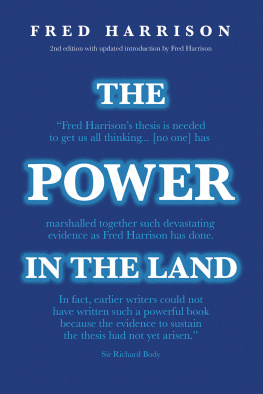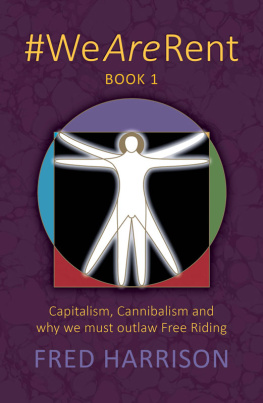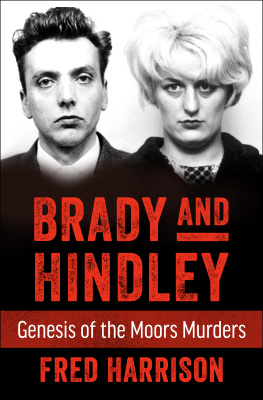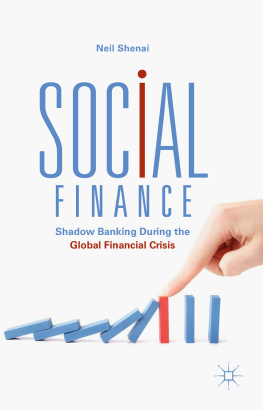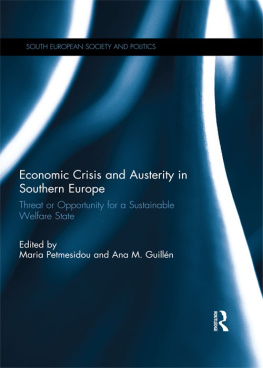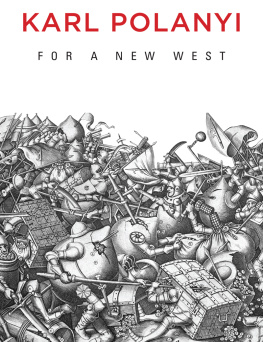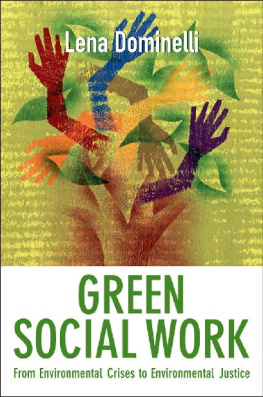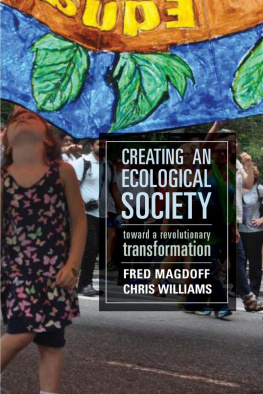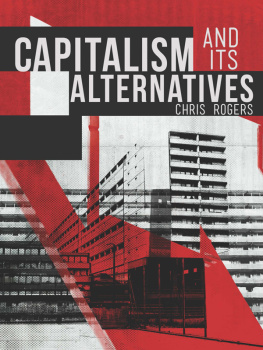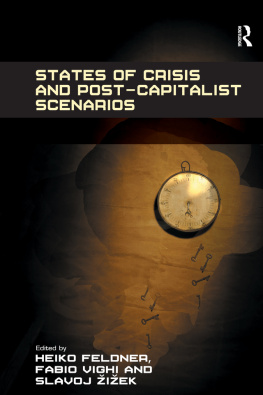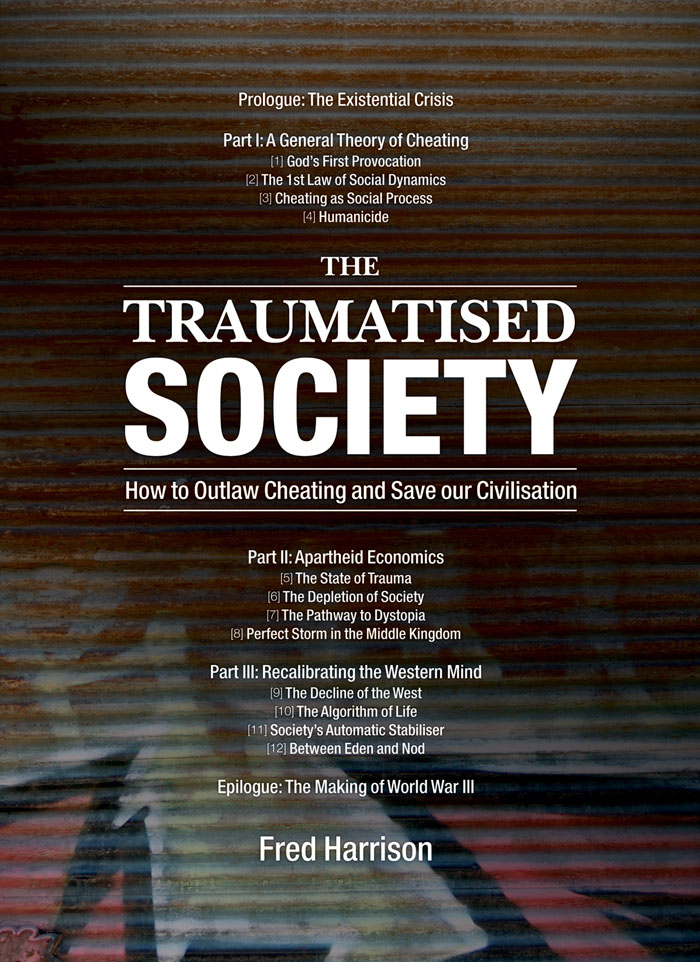The Traumatised Society
Other works by Fred Harrison include:
The Predator Culture (2010)
The Inquest (2010)
Wheels of Fortune (2006)
Ricardos Law: House Prices and the Great
Tax Clawback Scam (2006)
Boom Bust: House Prices, Banking and the
Depression of 2010
(2005; 2nd edn 2010)
The Chaos Makers (1997 with Frederic J.Jones)
The Corruption of Economics (1994 with Mason Gaffney)
The Power in the Land (1983)
The Traumatised Society
How to Outlaw Cheating
and Save our Civilisation
FRED HARRISON

SHEPHEARD-WALWYN (PUBLISHERS) LTD
2012 Fred Harrison
All rights reserved. No part of this book may be reproduced in any form without the written permission of the publisher, Shepheard-Walwyn (Publishers) Ltd
First published in 2012 by
Shepheard-Walwyn (Publishers) Ltd
107 Parkway House, Sheen Lane
London SW14 8LS
www.shepheard-walwyn.co.uk
www.ethicaleconomics.org.uk
British Library Cataloguing in Publication Data A catalogue record of this book is available from the British Library
ISBN-13: 978-0-85683-287-1
This book is printed on Forest Stewardship Council certified paper
Cover design by Tentacle
www.tentacledesign.co.uk
Typeset by Arthouse Publishing Solutions Ltd,
www.arthousepublishing.co.uk
Printed and bound in the United Kingdom
by Short Run Press Ltd, Exeter
Contents
Prologue: The Existential Crisis
F OLLOW the money. The trail is murky: the crooks have had centuries to cover their tracks. But we shall discover that it leads to the greatest crime ever committed in the history of mankind.
It is the crime that destroys civilisations. Is there time for us to intervene in the unfolding events that threaten our civilisation? I believe that there is, but not without a popular reawakening, a democratic revolution. That is unlikely unless enough people take control of the future of their communities. For one consequence of the crime is the comprehensive failure of leadership. I would go so far as to say that the West has been and is being betrayed by those who presume to govern, to philosophise and to moralise. They have access to the knowledge that would consign the great crises of our age to history, and they fail to use it.
Following the money will first require a re-examination of our forensic tools; tools that have been blunted by the cheats of old. Their mission was to ensure that we, as victims, would not know what was being done to us. They succeeded. One outcome is that what passes for democracy is not an authentic democratic process. Our world has been distorted by the culture of cheating. The story of one victim dramatizes the nature of the deprivation which we all now endure.
Raphael Lemkin (1900-1959) was a lawyer who nearly succeeded in outlawing behaviour at the heart of the privileges of the people who get rich by cheating the rest of us. He coined the word genocide and succeeded in piloting the concept through to the point where it became a crime against humanity. But he failed in his ultimate mission. We are all paying the price for that failure.
Lemkin was a Polish Jew who worked as a public prosecutor. He observed how the Nazis systematically dismantled his country. He was able to forensically assess the destruction of a nation because, by then, he had examined the way the people of Armenia had been massacred by Turkey, and Assyrians had been massacred in Iraq. He defined genocide in these terms:
Generally speaking, genocide does not necessarily mean the immediate destruction of a nation, except when accomplished by mass killings of all
I have added the emphasis. Lemkin considered these words to represent the most important part of genocide. He fought for the inclusion of cultural genocide during the drafting of the UN Convention on Genocide. He argued that Cultural Genocide is the most important part of the Convention. Cultural genocide was deleted from what became a crime against humanity. In his autobiography, he recalled:
I defended it (cultural genocide) successfully through two drafts. It meant the destruction of the cultural pattern of a group, such as the language, the traditions, the monuments, archives, libraries, churches. In brief: the shrines of the soul of a nation. But there was not enough support for this idea in the Committee So with a heavy heart I decided not to press for it.
Despite the atrocities of World War II, nations which had declared their commitment to human rights refused to recognise cultural genocide as a crime against humanity. Why?
Culture represents the collective consciousness of a population, its memory and all the intellectual and institutional supports that individuals need to live as members of the human species. Erase culture, and you erase what it means to be human. Lemkin came to see this with crystal clarity, and he fought to make the destruction of culture a crime. He wrote:
The world represents only so much culture and intellectual vigour as are created by its component national groups. Essentially the idea of a nation signifies constructive co-operation and original contributions, based upon genuine traditions, genuine culture, and a well-developed
I have emphasised a part of this statement. I invite the reader to refer back to Lemkins words while reading my account of humanicide. If Lemkin had succeeded in persuading the United Nations to accept his definition of genocide, the tumultuous second half of the 20th century would have evolved in an entirely different direction. For the policy changes that would have been necessary to avoid committing Lemkins definition of genocide would have guided the West away from the crises that now challenge its existence. But there was an evil logic to the refusal to accept Lemkins definition of genocide.
Culture is produced over evolutionary timescales. It originated with the investment of mental and material resources. Those collectively deployed resources are continuously needed to maintain the vitality of culture. Culture is something that we produce. The basis of that production is the economic surplus that a population is able to generate. The technical term for those resources is economic rent. This concept signifies the way we measure the value of the services provided by two distinct commons: the commons of the natural universe, and the commons of our social universe. In The Traumatised Society I explain how the privatisation of those rents causes the destruction of a populations authentic culture. The rent-seekers who came to control society could not allow their behaviour to be outlawed as a crime against humanity.
Lemkin was unable to understand the underlying reason why his definition of genocide was unacceptable to the Western nations that shaped the human rights agenda. We are now able to do so. The story is horrifying, and painful for me to tell. The evidence, in brief, demonstrates that the Western mind-set was manipulated to protect the privileges of the cheats. Milestones in the mind-bending process include these two curiosities:
The word land representing all of the planets resources was omitted from the convention that purported to define every persons equal rights: the UNs Universal Declaration of Human Rights.
The word rent which classical economics identified as the revenue ideally suited to fund the publics shared services was eviscerated as an analytical concept by what became the neo-classical school of economics.


